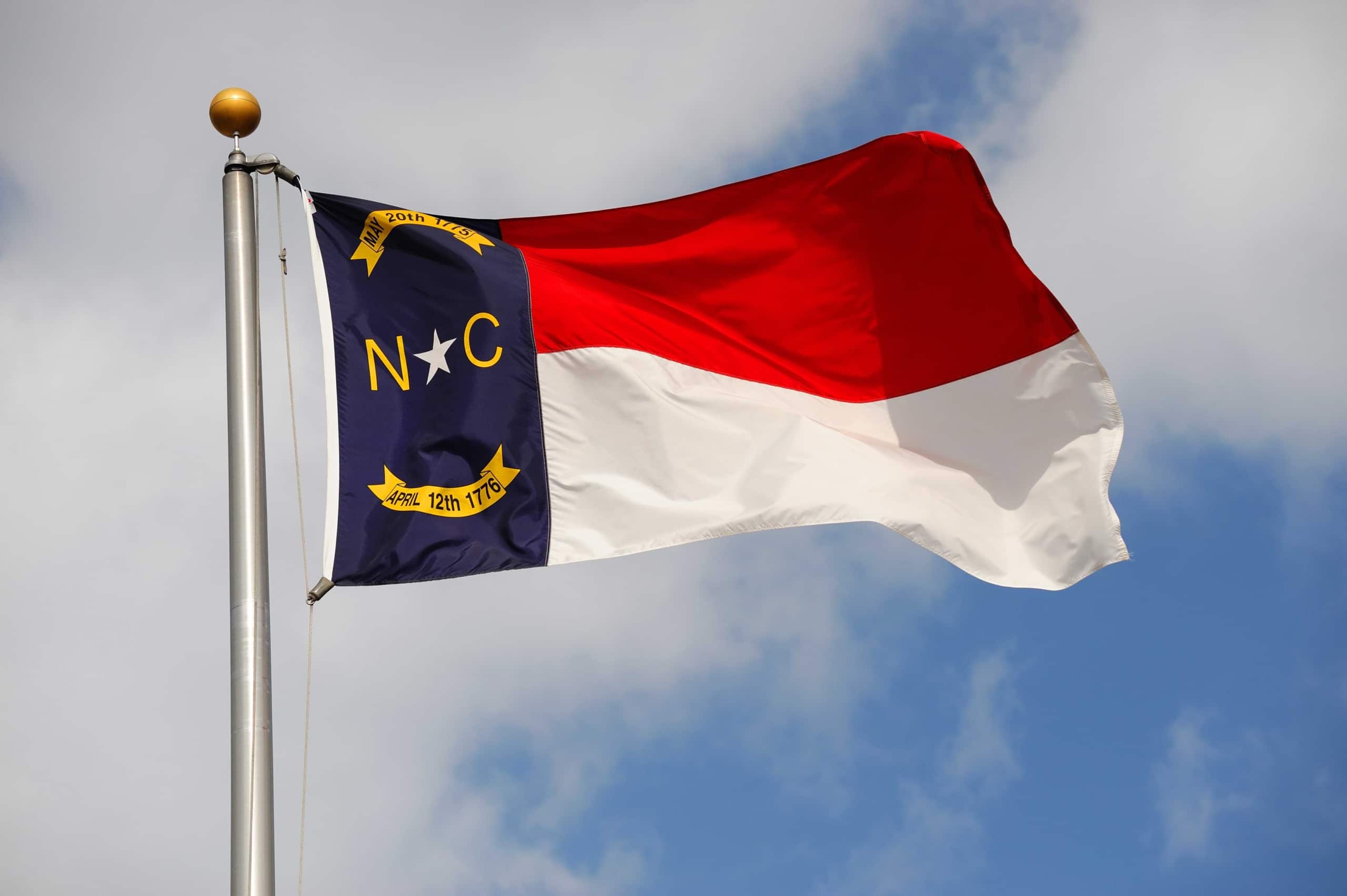Ed Crutchfield, who took charge of Charlotte-based First Union and forged a national banking powerhouse while also championing the city’s growth, died Tuesday at age 82.
In 15 years as CEO of a bank that is now part of Wells Fargo, Crutchfield made more than 80 acquisitions to create the nation’s No. 6 bank by the time he retired in 2001.
Wells Fargo is based in San Francisco and has some 230,000 employees nationwide. Its largest employment hub is in the Charlotte area, where it employs more than 27,000 people. Much of that is a legacy of Crutchfield’s construction of First Union.
“He was my best friend and a fantastic dad and a hero to me,” his son, Elliott Crutchfield told The Charlotte Observer Tuesday night. “On a broader basis, I can tell you from inside the house, he gave it all he had for the bank and by extension Charlotte.
“And I can tell you he took significant steps to make sure the bank was headquartered here (in Charlotte) when others had some other ideas. It was important to him that that be the case.”
Ed Crutchfield died peacefully at his home in Vero Beach, Fla., after a battle with dementia, his son said.
Competing and collaborating in Charlotte
One of Charlotte’s leading businessmen in the last quarter of the 20th century, Crutchfield built a major bank headquarters in the city, and — despite a professional rivalry — was a frequent partner of then-Bank of America CEO Hugh McColl when it came to Charlotte’s civic growth.
McColl told the Observer Wednesday that he and Crutchfield competed intensely in trying to gobble up banks around the nation, with each winning their share. First Union snapped up Atlantic Bank in Florida just as McColl was in discussions with them, while NationsBank, as McColl’s company was then known, won Boatmen’s Bancshares in St. Louis, for example.
“It was quite competitive,” McColl said. “We chased each other around the country buying companies.”
That competition turned to collaboration, though, when it came to building up Charlotte. The two would back each other’s projects, whether it be supporting the symphony, Johnson C. Smith University or any of the dozens of other efforts.
“Everyone thinks we were enemies, but that wasn’t really true,” McColl said. “We both ran our companies and got along fine on civic matters. And we both disliked Wachovia intensely.”
Crutchfield retired earlier than expected at age 59 to successfully fight lymphoma, turning the company over to his hand-picked successor, Ken Thompson. First Union later merged with Winston-Salem’s Wachovia and was bought by Wells Fargo after the bank nearly collapsed in the 2008 financial crisis.
Although known for his hard-charging ways, Crutchfield once said an admonishment from his mother, Katherine, encouraged him to develop a warm workplace for his thousands of employees. He once made news when he banned voicemail at the company to encourage human contact.
In 1996, he married Barbara Massa, First Union’s former director of corporate communications. He had two grown children. He was divorced from his first wife, Nancy.
Besides his banking accomplishments, Crutchfield also was known for being part of “The Group’’ — a handful of businessmen who once helped shape Charlotte.
Although he was a fierce competitor with McColl, Crutchfield collaborated with him and other business leaders on community projects.
“While he always knew that his major responsibility was looking out for First Union and its shareholders, he also understands the health of this community and the vitality of this community are good for business,’’ the late Mecklenburg County Commissioners Chairman Parks Helms once told the Observer.
In his retirement, Crutchfield spent time in Charlotte, Florida and the N.C. mountains. He enjoyed fly fishing with his wife and spending time with his grandchildren.
Read more about Crutchfield’s life and legacy in the Charlotte Observer.
Copyright: Charlotte Observer


